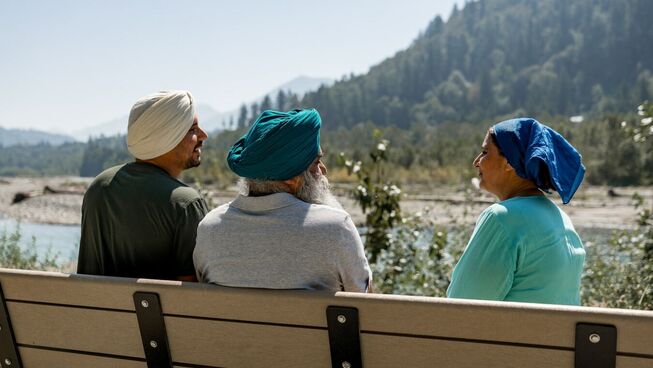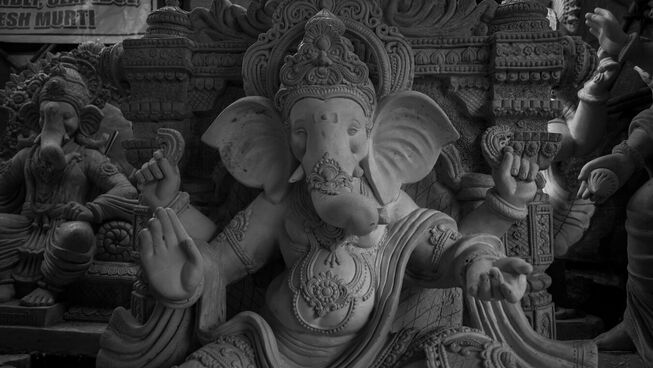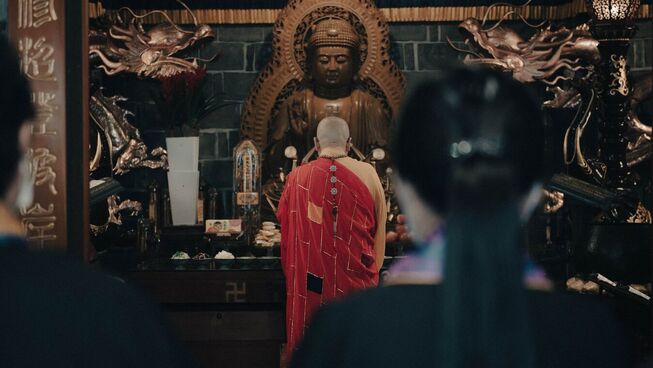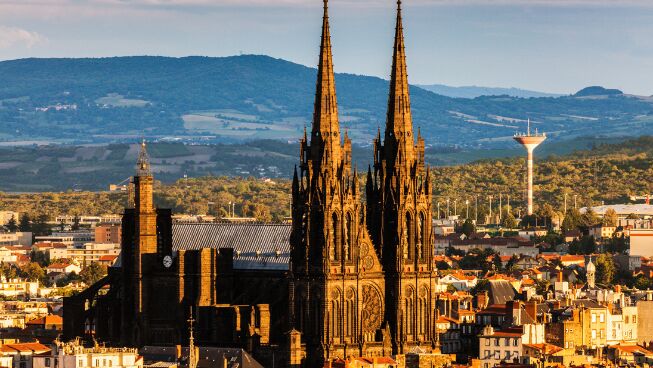A Census about nothing in particular
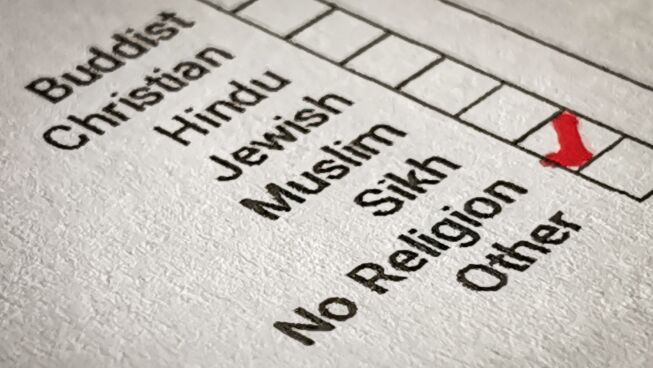
“Secularisation has accomplished what fire and chain could not: It has convinced the
believer that he could be wrong, and persuaded the devotee that there are more
important things than dying for the faith. The gods of traditional religions live on as
private fetishes or the patrons of congenial groups, but they play no role whatever in
the public life of the secular metropolis.” – Harvey Cox, The Secular City, (1965)
Well we’ve reached that exciting point in Australian life where we tally and record
how we measure up as a nation, and where we’re potentially going. I’m talking about
the census of course, though there’s plenty of commentary basking in the afterglow
of a successful Olympics campaign (Can we bring back knighthood for our
flag bearer and superstar Patty ‘Thrills’??).
While the survey itself is quite boring, there’s one thread that many people will be
following with interest, now that the jockeying and somewhat tepid campaigning is
coming to an end. Is Australia a religious country, or will ‘no religion’ continue to
grow in influence and number? It must be said that these results are not without
consequence either, with a wide variety of public services and government funding
being shaped by the data.
Regardless of whether you believe Australia was founded as/still is a ‘Christian country’ (I’ve personally never believed that to be the case), it’s clear that Christianity is losing the influence, clout and numerical monopoly it has held in the past. According to the previous census “those reporting no religion increased noticeably from 19% in 2006 to 30% in 2016. The largest change was between 2011 (22%) and 2016, when an additional 2.2 million people reported having no religion.”
Our numbers appear to be pretty similar to the data coming out of the US with the process of secularisation perhaps starting to reflect where Western Europe has been for some time. But what exactly does ‘no religion’ mean anyway? Are we becoming a country of atheists and agnostics hostile to and suspicious of faith communities? Or is it more complicated than that? Well the data seems to support the latter. According to Pew research the fastest growing subset of ‘no religion’ appears to be the ‘nothing in particular’ demographic, which defies most of our stereotypes of ‘no religion’ selectors, and is either ambivalent about or warm to religion rather than outright sceptical.
Ryan Burge in his latest book ‘The Nones: Where they came from, who they are, and where they’re going’ maintains that those who tick ‘no religion’ cannot be treated as a monolithic group. Whereas atheists and agnostics tend to skew male, have a similar level of education and financial stability, similar attitudes towards politics, marital structures and social issues, the same cannot be said for the ‘nothing in particular’ group, which tends to be a lot more varied. Notably the gender distribution is much closer to even, while they lag much further behind in a number of key indicators that atheists and agnostics typically do well in. They are less upwardly mobile but they appear to be more impressionable and open to changing their beliefs. This is not to say that others are more closed minded, but rather ‘nothing in particulars’ haven’t necessarily had the opportunities, spaces or communities around them to form and consolidate their beliefs and identities.
Burge notes that they are “often the most distant, isolated, and checked out members of society.” (p. 102) Which means that they can sometimes struggle to find purpose in day to day life, and can go in any direction when the opportunity knocks. Following a panel survey (which tracks the same respondents over time) it was found that ‘nothing in particulars’ were more likely to become Christians (16.4%) than atheistic or agnostic (5.2% and 7.8% respectively), or another faith altogether (8.4%). But the majority stay where they are (62.1%). It's also interesting to note that this subset of 'no religion' have very similar characteristics to the people Trump activated in his political base. A new generation of disillusioned voters (along with White Evangelical Christians) who have perhaps been left behind due to globalisation, wage stagnation, low job mobility and institutional trust being at all time lows. But Burge also suggests that secularisation, political polarisation, and the Internet have perhaps contributed more than most other factors in the rise of the 'nones', with many feeling alienated, confused and abandoned when it comes to society and religion. No wonder some of them become victims of disinformation, radicalisation, addiction and deaths of despair.
What about Australia though? Is this representative of us too? Well the Census will hopefully illuminate this even further. We have many of the same conditions that are making non-affiliation more palatable, particularly with the sexual abuse scandals nuking trust in Christian institutions. And yet that doesn’t mean spirituality is off the table altogether. Australians still maintain a high level of metaphysical curiosity, even if they don’t identify with a particular religion or denomination. This says to me that the ‘nothing in particulars’ are on the rise here, and will have an ongoing part to play in our future and identity. In many ways this census could be a show or story about them.

